Tommorow’s Fish Need Help Today
“To demand something can be a shaky chess move but to pause, dwell, reconsider? Well, that can lead to disaster.” Anonymous
Daniel Ritz has written a compelling report on the state of fisheries shadowed by climate change and what we, as anglers, can do to help because tomorrow’s fish need help today. Working with the American Fly Fishing Trade Association and the AFFTA Fisheries Fund, Mr. Ritz is now positioned as a sentinel for warming oceans, trumpeting his observations to all of us who use, rely on and even occasionally neglect the waters we love. For Tomorrow’s Fish: Anglers Are Key to Climate-Ready Fisheries is part data compilation, part observations from working anglers, guides and businessmen, and part get up on a Hyde Park fish box call to action.
Mr. Ritz has carefully crafted an alert, a well-researched and efficient exploration of pressured fisheries with reasons why anglers are so uniquely positioned to be parts of the corrective system. All this comes with an equal dose of forceful encouragement that lamenting or ignoring something does little to help solve any problem. The paper, “calls for a science-based, precautionary fishery management approach that accounts for ecosystem structure and function while maintaining catch at sustainable levels.” I’d take that intro a step further and say that we anglers are essential elements throughout the natural world so what we see and feel makes us critical to convincing those who hold the keys that we need to affect change right now.
Call To Action
For Tomorrow’s Fish: Anglers Are Key to Climate-Ready Fisheries is supported by many of the biggest outdoor companies and conservation groups, including Fish Pond, Wingo, Orvis, Simms, Trout Unlimited, Patagonia, Far Bank, Sage, Umpqua, Able, Rio and Reddington, among others. Successful businesses move carefully, ever aware of downstream ripples, especially when entering a ring where there is no prize money, but they understand this mess is real, that it’s happening in real time, and they are ready to help fix it. Through their customers and employees, they recognize that waters are changing and in need of a solution, not a campaign of denial.
Meanwhile, the realities and consequences of climate change and global warming are being politicized for party gain with a steady weaving of pulpit denial. It’s a real time demonstration of cancel culture at its worst and it’s hurting us all. The list of scientists begging for action to slow our negative effects on the planet are so quickly muffled or whitewashed on conservative media outlets that many good people never understand the actual facts and repercussions. Meanwhile, anglers are seeing changes and fish are taking the hit. Conversations from deniers often include behind the screen door weather observations. You know, “Oh it’s snowing two feet today, what happened to global warming?” That’s selectively ignoring facts. “By definition, climate is defined as the long-term average of the weather in a given place. Weather is the state of the atmosphere at any given time and place. Increased extreme weather like large storms and weather-related events such as marine heat waves will become more frequent and increasingly more intense, wreaking havoc on fisheries and coastal communities alike.” That’s just one example of how the report calls anglers be empowered.
Mr. Ritz writes, “The ocean plays a key part in moderating our planet’s climate. But the ocean has borne the brunt of human-driven climate change, and its ability to withstand these changes is now in jeopardy. These threats to the ocean, by extension, threaten fisheries. Anglers are now seeing the compounding effects of greenhouse gas pollution and the warming that pollution has caused.” Florida Captain Rick Stanczyk stepped up to the mic to say, “I used to fish for tailing bonefish almost every day. It was my favorite thing to do in the world. Now it’s all underwater.” Tommorow’s fish need help today, can it need to be any more real than that?
Hell No
According to Mr. Ritz’s research, “As many as 7.4 million people along Florida’s 1,350 miles of coastline may experience between 3 to 8 feet of sea level rise by the end of the century.” The easy action here is to chuckle that we won’t be here then but the right action for anglers is to say, “hell no,” and help create a path to slow or reverse that. But honestly, we already know all this. We see and hear climate change related stories every day. We see cities choking with smog, read about fish kills in warm, anoxic waters and listen to reports of species, right down to microorganisms, being pushed out of historic ranges because their world is becoming too hot or just being extirpated completely. So what can you do? You can be part of the change for which Mr. Ritz is advocating. Remember “see something, say something?” That was a result of real threats to our collective safety and it reminded us we all can be part of saving a life. Well, this report is asking us to be aware of what we see and say something. “What was once a possible, unsettling future is now our collective reality, and it is important that we as anglers are able to identify these changes in conditions and how they are affecting our fisheries.”
A few years ago, I was fortunate to slide some glossy photos across Senator Jack Reed’s table to show him the size of striped bass I caught the prior winter. It wasn’t a moment of braggadocio, it was notice that I saw something different about a Rhode Island fishery and he needed to know. Washington can be intimidating, especially when mobs are trying to hang people out front or interject fire extinguishers into peaceful conversations but that should never discourage anyone. Those big granite blocks and wide oak desks belong to us, so the folks inside and behind those desks work for us. I promise you, if you take the time to write or ask for a few minutes, someone will read and say yes. That’s one remarkable beauty of our democracy.
“Sea trout and redfish, the two most abundant game fishes in the area, have declined. One of my restaurants is 80% federal managed species like snapper, grouper, tuna, triggerfish. Supply has dwindled and the fish of some fish have more than tripled. The demand has grown, and the supply is dwindling,” said Dave Snyder, owner and operator of Halyards Catering, Hook & Knife Charters and Halyard Restaurant Group in St. Simons Island, Georgia. That’s the kind of observation the report highlights and the kind legislators need to hear. From you.
As a guide, it comes down to enforcing even the little things with your clients because your personal efforts are compounding.— Kvichak Aspelund
Reading the whole report is a simple place to begin. I’d like to see For Tomorrow’s Fish: Anglers Are Key to Climate-Ready Fisheries buried in a time capsule when our future generations have solved some of the planet’s problems because some strong people read this then stood up on a fish box and said, “Come on, this is real! Who’s with me?”
Mr. Ritz provides data and examples, interviews and thoughts but he also asks a question. “Why do we stop being selfish when we land a fish? When we return from a day of fishing, our impacts don’t stop affecting fisheries, so why aren’t we integrating fishing and protecting what we love into our day-to-day lives? It’s the permission we’ve all been waiting for.” Want it driven home even more? Warming waters changes migratory and breeding patterns and often push fish populations away from historic areas. More severe storms mean less time on the water trying to catch those fish you thought would always be there. That’s reality.
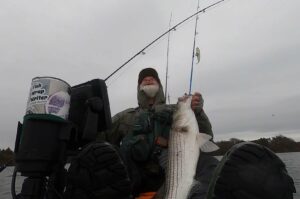
This winter bass was a gift, for its real message
If you want to be heard, through a phone call, email or posted letter, approach your senators and representatives. I can say from personal experience, having walked the hill advocating for the Magnuson Stevens Act and responsible, science-based fishery regulations with the Ocean Conservancy, when a fisherman or woman sits down to share a story, they are willing to listen.
The goal is simple: if you fish and you see things and you know things are out of balance or should be better, it’s time to lick a stamp or stand up at a meeting because if nothing changes, then nothing changes. “While insulating our fisheries from the negative impacts of a changing climate cannot be achieved by any one group, there is no doubt that we as anglers hold the most intense connection possible to the fisheries in need of protection from these changes,” wrote Mr. Ritz.
So, please, there has never been such a moment. Write that letter, leave that message, stand up at that meeting. Don’t believe the disinformation machine trying to say the world is 1950’s clean and abundant. Abundance in the ocean is what we need to work for right now.
- RI Senator Sheldon Whitehouse 401.453.5294 sheldon_whitehouse@whitehouse.senate.gov
- RI Senator Jack Reed 401.943.3100 www.reed.senate.gov/contact
- RI Representative Gabe Amo 401.729.5600 http://amo.house.gov
- RI Representative Seth Magaziner 401.244.1201 https://magaziner.house.gov
- RI Governor Daniel McKee 401.222.2080
- Massachusetts Governor Maura Healey 617.725.4005
- CT Governor Ned Lamont 860-566-4840 Toll-free: 800-406-1527
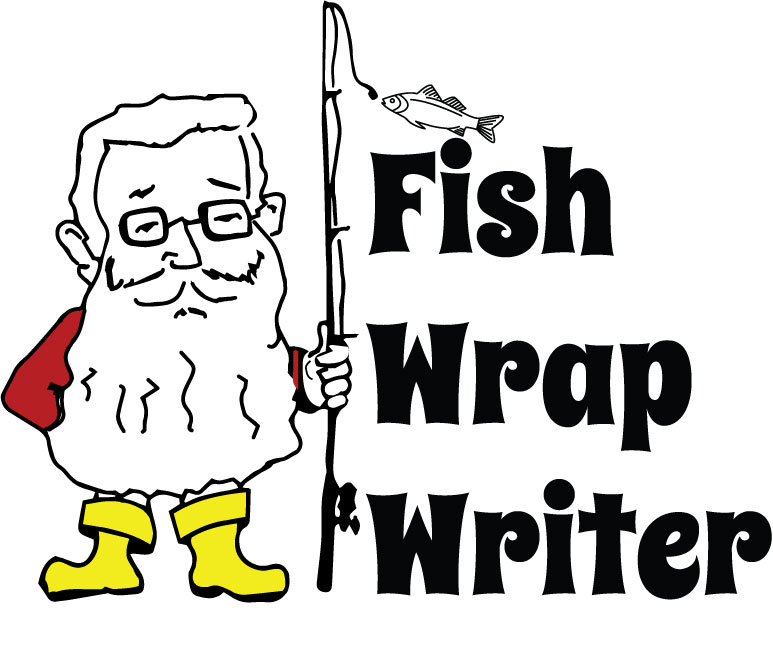
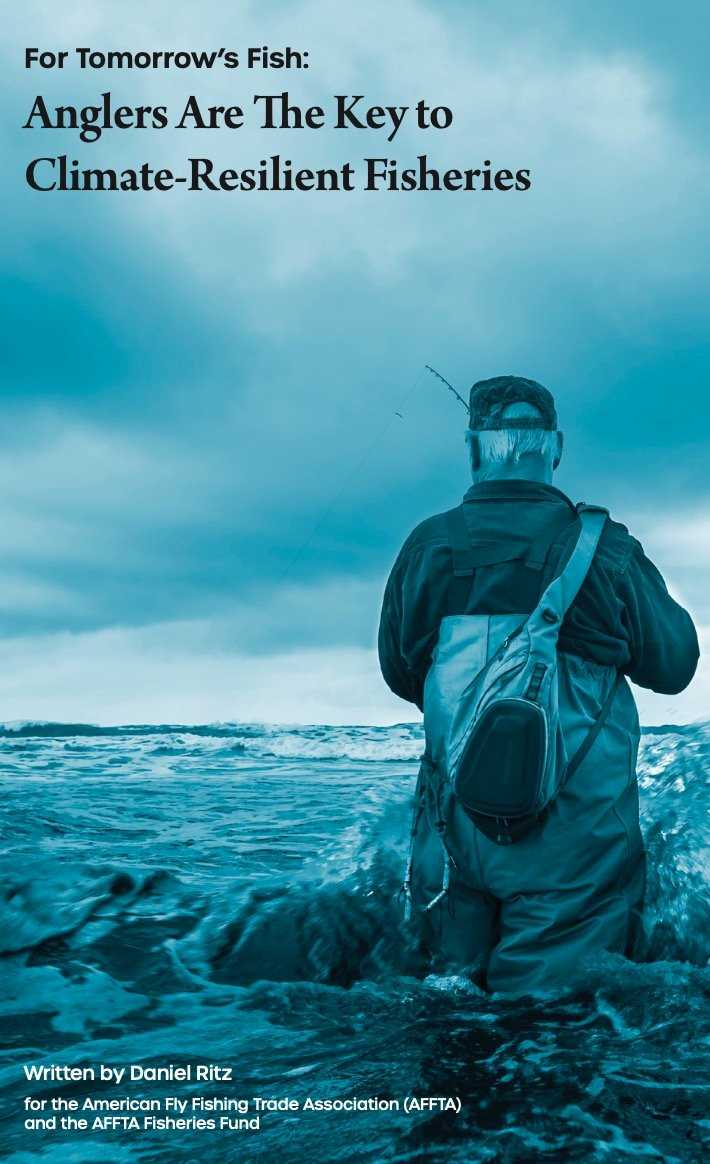
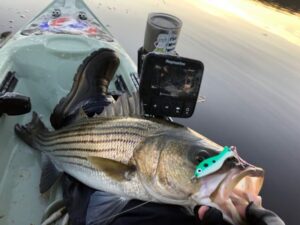



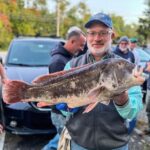


0 Comments